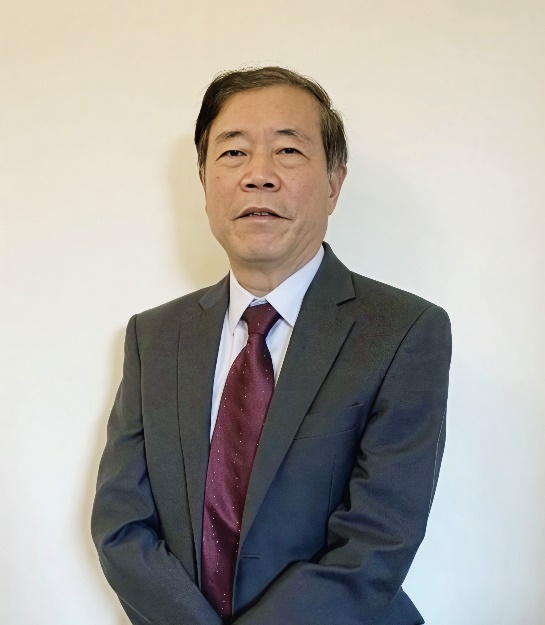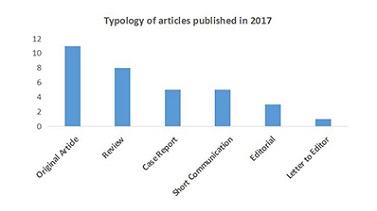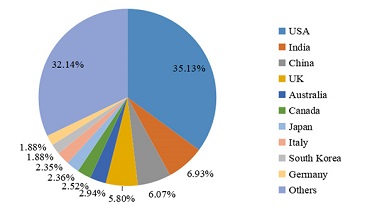Special Interview with Prof. Qingbo Xu: Pioneering Innovation in Vascular Biology and Regenerative Medicine
The Editorial Office of Vessel Plus is honored to conduct a special interview with Prof. Qingbo Xu, Fellow of the European Academy of Sciences and a globally recognized pioneer in vascular biology and regenerative medicine.
In this interview, Prof. Xu shared his team's recent breakthroughs in metabolic immunomodulation, precision CAR-T therapies for cardiac fibrosis, and vascular stem cell–based regeneration. He also offers strategic insights into global research ecosystems, talent development, and the future of translational innovation in vascular biology and regenerative medicine.
Interview Questions & Key Highlights:
1. Prof. Xu, your recent collaborative study with Prof. Jingjing Cai’s group, published in Circulation, compellingly reveals the critical role of mitochondrial one-carbon metabolism—particularly mediated by MTHFD2—in driving the differentiation of CD34-lineage cells into T follicular helper cells and facilitating tertiary lymphoid organ formation in transplant arteriosclerosis. Could you share what initially led your team to explore one-carbon metabolism as a key regulatory pathway in T cell differentiation? Moreover, how do you envision this novel mechanism translating into metabolic-targeted therapeutic strategies for transplant immunomodulation?
Prof. Xu’s team identified mitochondrial one-carbon metabolism, particularly through MTHFD2, as a key driver of CD34⁺ T cell differentiation into T follicular helper (Tfh) cells—crucial for tertiary lymphoid organ (TLO) formation in transplant arteriosclerosis.
Targeting MTHFD2 significantly reduced vascular lesions, highlighting the therapeutic potential of metabolic intervention for transplant immunomodulation.
2. Together with Professor Jun Xie’s team from the First Affiliated Hospital of Anhui Medical University, you recently published a breakthrough study in Nature Communications demonstrating that CD248-targeted BBIR-T cell therapy effectively eliminates a pathogenic fibroblast subset (F-Act) after myocardial infarction. Could you elaborate on the mechanism underlying this therapy and its advantages in selectively eradicating deleterious fibroblasts, attenuating cardiac fibrosis, and improving cardiac function? From your perspective, what is the broader significance of this collaboration for advancing precision medicine approaches in post-infarction fibrosis and cardiovascular disease treatment?
Working with Prof. Jun Xie, Prof. Xu developed CD248-targeted CAR-T therapy to selectively eliminate F-Act fibroblasts. This approach effectively reduced cardiac fibrosis and improved cardiac function following myocardial infarction.
The study marks the first successful application of CAR-T therapy in cardiovascular disease, providing a compelling proof-of-concept for expanding precision immunotherapy beyond oncology.
3. Your pioneering research on vascular stem cells has established their essential role in vascular repair and transplant regeneration. Since returning to China and joining Zhejiang University, your team has achieved important breakthroughs in addressing in-stent restenosis. Could you discuss the evolution of the vascular stem cell theory and highlight the key scientific and translational contributions your group has made toward next-generation vascular graft design and restenosis prevention? Additionally, how do you foresee these advances shaping future innovations in cardiovascular therapy?
Prof. Xu’s group discovered that CD34⁺ vascular stem cells are heterogeneous, comprising inflammatory and fibrotic progenitors. This heterogeneity helps explain the limited success of earlier clinical applications and informs the design of next-generation stents and CAR-T therapies that target specific cell subpopulations.
These insights are reshaping vascular regeneration strategies and improving therapeutic precision in cardiovascular interventions.
4. As a Fellow of the European Academy of Sciences, a Professor at King’s College London, and the founder of Europe’s largest vascular biology laboratory, you now lead vascular biology and regenerative medicine research at Zhejiang University and its First Affiliated Hospital. Drawing on your extensive experience managing research teams in both Europe and China, could you compare the two research ecosystems in terms of fostering basic research innovation and facilitating translational outcomes? What are the respective strengths of the European and Chinese systems regarding funding, research environment, interdisciplinary collaboration, and policy support, and how have these contributed to your sustained breakthroughs in vascular biology?
Prof. Xu notes that Europe excels in deep science and global collaboration (e.g., ERC, vascular consortia), while China leads in translational speed, funding scale, and talent growth.
He advocates for integrating Europe's scientific rigor with China’s efficiency to achieve sustainable innovation and global breakthroughs in vascular biology.
5. As the academic leader of the cardiovascular team at the First Affiliated Hospital of Zhejiang University School of Medicine, you have a distinguished record in nurturing young scientific talent, with many former trainees becoming internationally recognized leaders in cardiovascular research. In today’s rapidly evolving life sciences landscape, what core qualities and skills do you believe are essential for young researchers to distinguish themselves? Furthermore, what support structures and developmental opportunities does your team and institution offer to empower promising young scientists to achieve breakthroughs in cardiovascular and regenerative medicine?
Prof. Xu underscores the importance of interdisciplinary training, translational thinking, and international exposure as essential attributes for young researchers.
His lab supports early-career scientists through structured mentorship, internal pilot funding, international rotation programs, and a dedicated Young Innovator Program, empowering them to lead impactful projects from an early stage.
6. Looking ahead, which emerging areas in vascular biology and regenerative medicine do you consider most promising? Additionally, how do you envision your ongoing research continuing to drive innovation and global progress within these fields?
Prof. Xu identifies organ-on-a-chip platforms, 3D bioprinting, single-cell/spatial transcriptomics, and precision gene editing as transformative technologies for the future of vascular biology.
His team integrates these cutting-edge tools to accelerate translational medicine and global innovation, advancing regenerative therapies from bench to bedside, and driving global progress in vascular medicine.
Brief Introduction

Prof. Qingbo Xu is a leading cardiovascular scientist and currently serves as Chair of Cardiovascular Biology at the British Heart Foundation Centre, King’s College London, United Kingdom. His groundbreaking research in vascular biology, stem cell therapy, and regenerative medicine has significantly advanced the understanding of vascular remodeling, endothelial dysfunction, and the role of progenitor cells in cardiovascular repair.
Prof. Xu has published over 300 peer-reviewed articles in high-impact journals, including Nature, Circulation, European Heart Journal, and Circulation Research. His work is widely cited, with an H-index of 99 reflecting his substantial contributions to cardiovascular science.
He is a Fellow of the European Society of Cardiology (ESC) and a member of the Academia Europaea. He is frequently invited to speak at leading international conferences focused on vascular biology and regenerative cardiovascular therapies.
Editor: Jane Meng
Language Editor: Catherine Yang
Production Editor: Ting Xu
Respectfully submitted by the Editorial Office of Vessel Plus









